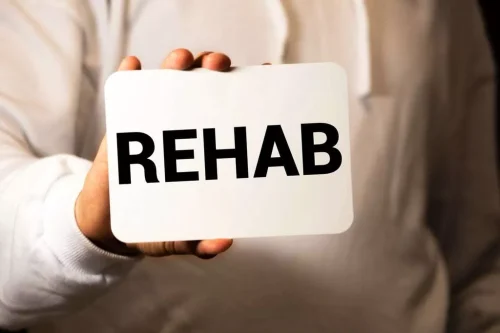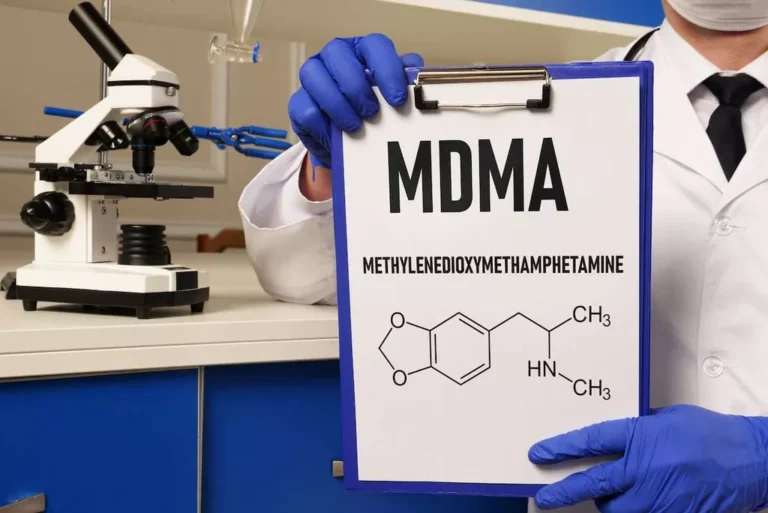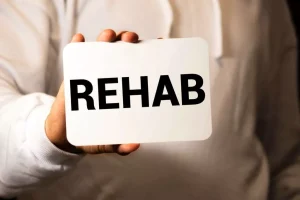
Our writers and reviewers are experienced professionals in medicine, addiction treatment, and healthcare. AddictionResource fact-checks all the information before publishing and uses only credible and trusted sources when citing any medical data. Dry Drunk Syndrome is also known as “untreated alcoholism” in 12-step circles. In a way, the symptoms of sober drunk mimic the emotional and mental states what does being drunk feel like of an alcoholic.
- That would explain why you feel tipsy although, in your books, you’re sober.
- If you are sober and feeling fulfilled and happy, preventing dry drunk syndrome involves continuing to engage in a daily routine of recovery.
- During these sessions, people in recovery are taught how to tide over negative thoughts and feelings that daily living stresses almost inevitably bring on.
- By staying engaged with a community, your path to recovery becomes a shared experience, offering motivation and accountability to maintain your sober life.
Find more top doctors on

When it comes to booze, size totally matters because it determines the amount of space that alcohol can diffuse in the body. Alcohol enters your bloodstream within minutes of ingesting it. The more alcohol you consume, the more alcohol gets into your bloodstream. How much alcohol you consume plays a role in how long you’ll stay drunk.
- The term “dry drunk” is used to describe a person who has stayed away from alcohol for some time but continues to behave as if he or she is still addicted.
- As well as affecting our day-to-day wellbeing, a consistent lack of sleep can be a precursor to diabetes, depression, obesity and even cancer.
- More research is needed to assess PAWS diagnostic criteria, which would then be included in psychiatric diagnostic manuals.
- Sometimes, inner ear infections and low blood sugar may also cause this feeling.
Cognitive and Physiological Effects When Drunk
Adrienne Santos-Longhurst is a freelance writer and author who has written extensively on all things health and lifestyle for more than a decade. According to the National Highway Traffic Safety Administration, 1,878 people were killed in 2018 in alcohol-related crashes involving drivers with BACs of .01 to .07 g/dL. The risk of an accident increases significantly when you drink.
About our addiction rehab center

As I delved into the fascinating world of Auto Brewery Syndrome, I was astounded by the complexity of the human body. Our bodies have an incredible ability to convert carbohydrates into alcohol, which can then lead to a drunken-like feeling without even touching a drop of alcohol. Our brain has the ability to produce similar sensations by simply imagining and visualizing them. By tapping into our imagination, we can mimic the feelings of intoxication without consuming alcohol. These cases highlight just how complex and individualized this condition can be.

Too much yeast inside your intestines or stomach may lead to this condition. The doctors may mistake your condition for something else entirely. In the last several decades, researchers documented only a few cases in the research journals. This disruption can affect cognitive performance, leading to tiredness and reduced alertness the following day.

It helps if you are aware of these triggers and know how to help your partner deal with them. “You don’t blame, you don’t shame, and you don’t make any assumptions. “A partner’s attitude and view of recovery can make a huge difference. I’ve had patients whose partners lift them up and patients whose partners tear them down. It absolutely impacts their long-term success,” explains Sylvie Stacy, MD, MPH, Medical Officer at Rehab.com. If you or a loved one is struggling with addiction, you can reach out today for more information about how we can help.
Finding a counselor who works for you is a perfect start, in fact, it would be even better to have that form of counseling connected to treatment. You may think that you’re sober once you’re able to walk in a straight line, but that doesn’t mean that you aren’t drunk. You also have to explore, deeply and honestly, patterns and behaviors in your life that contribute to your alcohol use. You might want to participate in treatment with your loved one whenever possible, but it’s also wise to talk to a therapist on your own. This is especially the case if specific behaviors or mood symptoms affect your day-to-day life. If you’re already coping with depression or other mental health concerns, these what is alcoholism symptoms might further complicate matters and make you feel even worse.

Leave A Comment